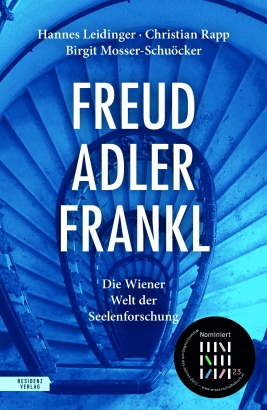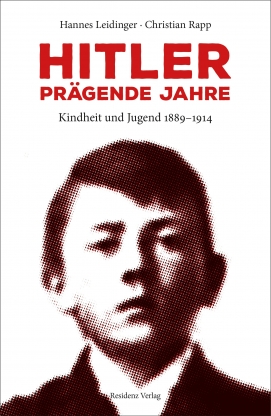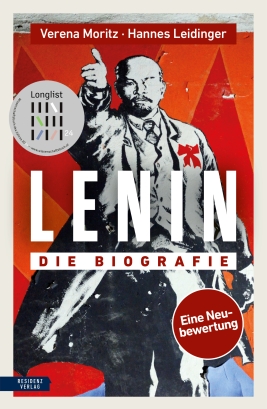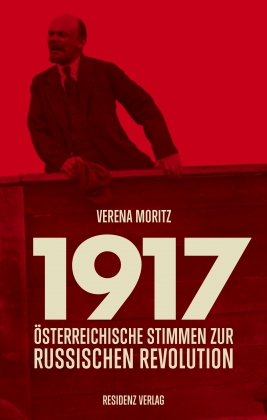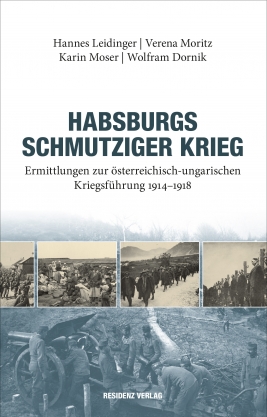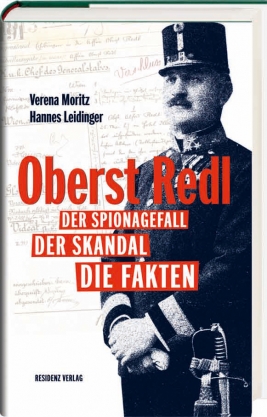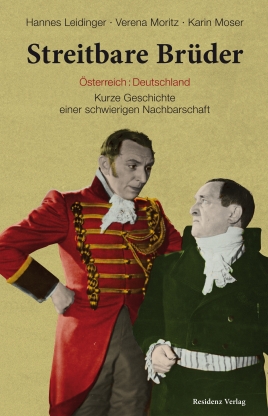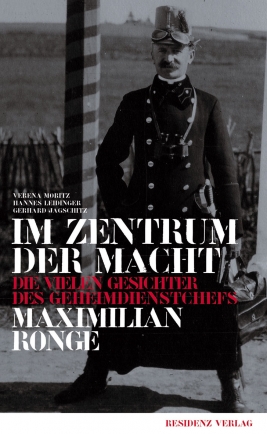
Verena Moritz Hannes Leidinger Gerhard Jagschitz - At the Centre of Power. The many faces of Maximilian Ronge, director of the k.u.k. Secret Service
Die vielen Gesichter des Geheimdienstchefs Maximilian Ronge
Maximilian Ronge was the last director of the Austrian k.u.k. monarchy’s secret service. His career shows several similarities to the one of Admiral Wilhelm Canaris, who headed the German military intelligence service under the Nazi regime. Ronge was an important figure in the time of the Austro-Hungarian monarchy and also later, when Austria had become a republic. He used his extended networks of spies against “all kinds of traitors”, secessionists, socialists and Bolsheviks. Before 1938, no spy in Austria could possibly evade him. Even after being released from the Dachau concentration camp, Ronge continued his activities. After the end of WW II, he cooperated with the American occupants to set up a new secret service in Austria. These are only a few milestones in Ronge’s career. In the course of his life, this man has served many masters, but at heart he remained loyal to his emperor. Finding out about Ronge’s behind-the-scenes activities required meticulous research, since he not only was an expert in espionage and intrigue, but also a master in covering his tracks. The two historians Verena Moritz and Hannes Leidinger, however, give full account of this extraordinary life, and Ronge’s grandson Gerhard Jagschitz provides a private insight. A book that will cause a stir!
Book details
2nd edition With b/w photographs440 pages
format:140 x 215
ISBN: 9783701730384
Release date: 02.08.2007
License rights
- World rights available






